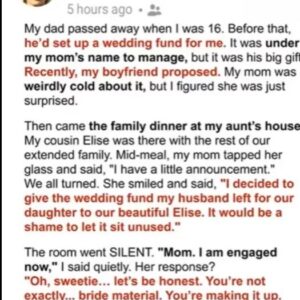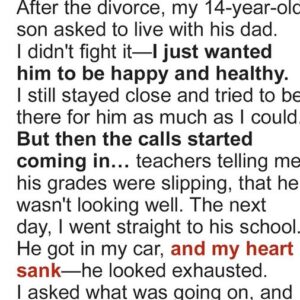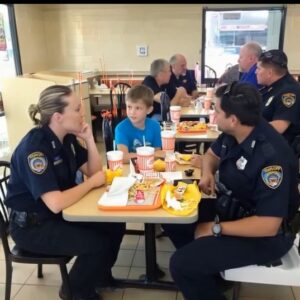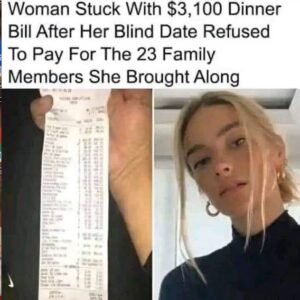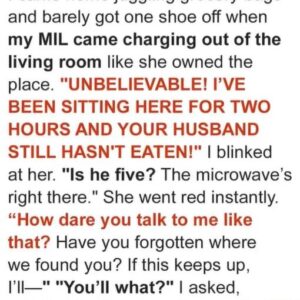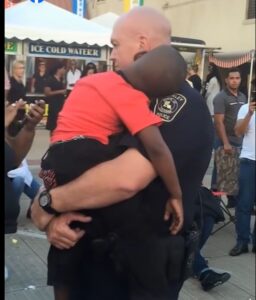
At the Juneteenth festival—music, food, and joy everywhere—I looked away for a second to buy funnel cake. When I turned back, my nephew Zavi was gone.
Panic gripped me. I searched frantically. Moments from calling 911, I found him—curled up asleep in a police officer’s arms.
The officer, calm and kind, said Zavi got tired near the snow cone truck. No fuss. Just care.
But behind me, whispers spread. A woman near the food stand muttered, “Must be nice to get that kind of response.”
Then it hit me.
They weren’t talking about Zavi being tired. They were talking about how different this could’ve been—if Zavi were older, louder, or simply not asleep.
We shared the story online—praised the officer, but acknowledged the unease, the bias, the unspoken fear.
The post went viral. Comments poured in. Even Officer Davies responded, thanking us and recognizing the work still needed.
That moment sparked dialogue, training sessions, and a youth outreach program.
Zavi’s too young to grasp it now, but someday we’ll tell him: one moment of kindness helped start a deeper conversation—one our community desperately needed.
